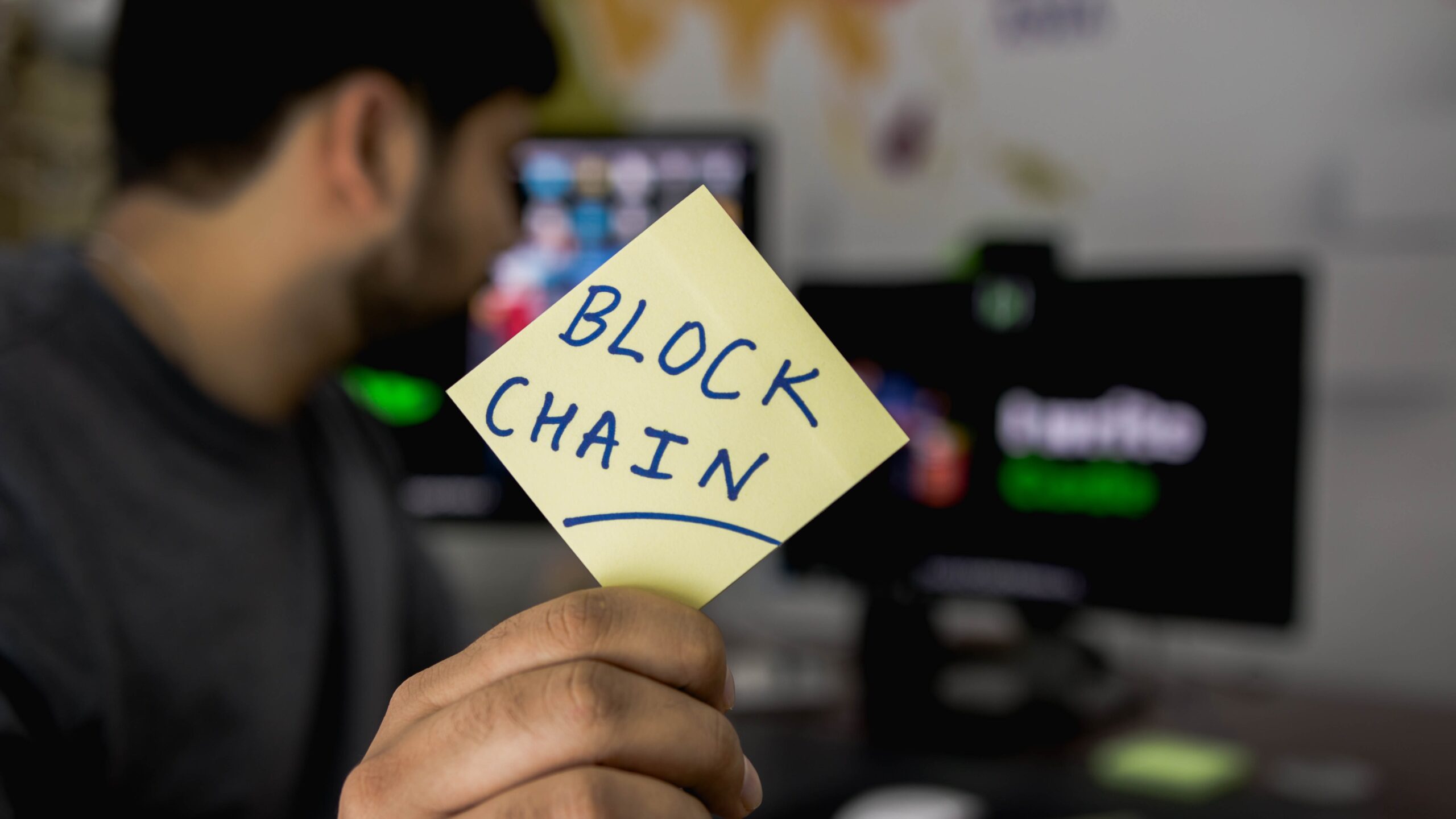It may not sound remotely likely, but it costs a lot of money to prove who you say you are. A single document validating your identity takes a ton of time and a series of low-tech paperwork.
Because of this, many folks like for one expensive validation to work in many capacities. In Estonia, a case in point, banks now give account access on national IDs and bank cards. However, what seems the ultimate gamechanger is the newfangled digital identity.

Today’s conventional identity systems are insecure, exclusive, and substantially fragmented. With blockchain technology, one can enable more sophisticated management and storage of virtual identities. This is possible through the provision of unified, interoperable, and invasion-proof infrastructure, with multiple more benefits in the offing. That said, how will the blockchain impact digital identities?
Multiple Identity Management
Just as someone can have a single identity across a multiplicity of platforms, anybody could want different identities to support different “characters. Probably one to fit for the workplace, another to blend in with friends, and the cool personal profile that better comes off as a family guy. An ID card for work from https://www.idcardsdirect.co.uk/ is the best answer for now, but can it get better?
Today, that is not possible but getting one identity alone is quite the hassle. With blockchain technology, however, people afford the flexibility of their identities. The blockchain offers a key to each of these personas, which gives the user power over the choice of character. Through blockchain, digital identities will be subject to interoperability and multiple identity management.
Anonymous Authentications
One of the ways to make an identity system more secure is activating or implementing anonymous authentication. Powered by blockchain technology, the solution is deployed to improve the security standards of preserving virtual IDs. Should a public key be needed to access your digital identity, then it’s up to the smartest hacker to milk the situation.
With anonymous authentication, you can make use of the true, unique, and inherent characteristics that best describe your personality. When you take advantage of this, you’d be surprised how much stress and risk you’ve been going through just to make do with public keys. They will not only be eliminated from the process but also replaced with a smoother-working “anonymous” system.
Simple KYC Processes
There’s also a lot in blockchain-impacted digital identities for the enterprises involved. For one, it significantly reduces the amount of time and resources invested in the know-your-customer (KYC) exercise. KYC, alongside validating documents and digitizing IDs, is performed by unarguably every bank in the world today.
But when your digital identity is listed on a shared ledger instead, it becomes easier for banks to access relevant parts of the data, analyze related information and perform routine due diligence. This goes a long way to put control into the hands of companies and individuals, away from the mercy of the industry giants. In the long run, blockchain-enabled digital identity systems won’t deal with bureaucratic processes for passport creation.
Lastly, blockchain can change digital identities by making permanent legacies a reality. Perhaps people would act more accordingly if they can’t simply erase their legacies.
 2018 ·
2018 ·